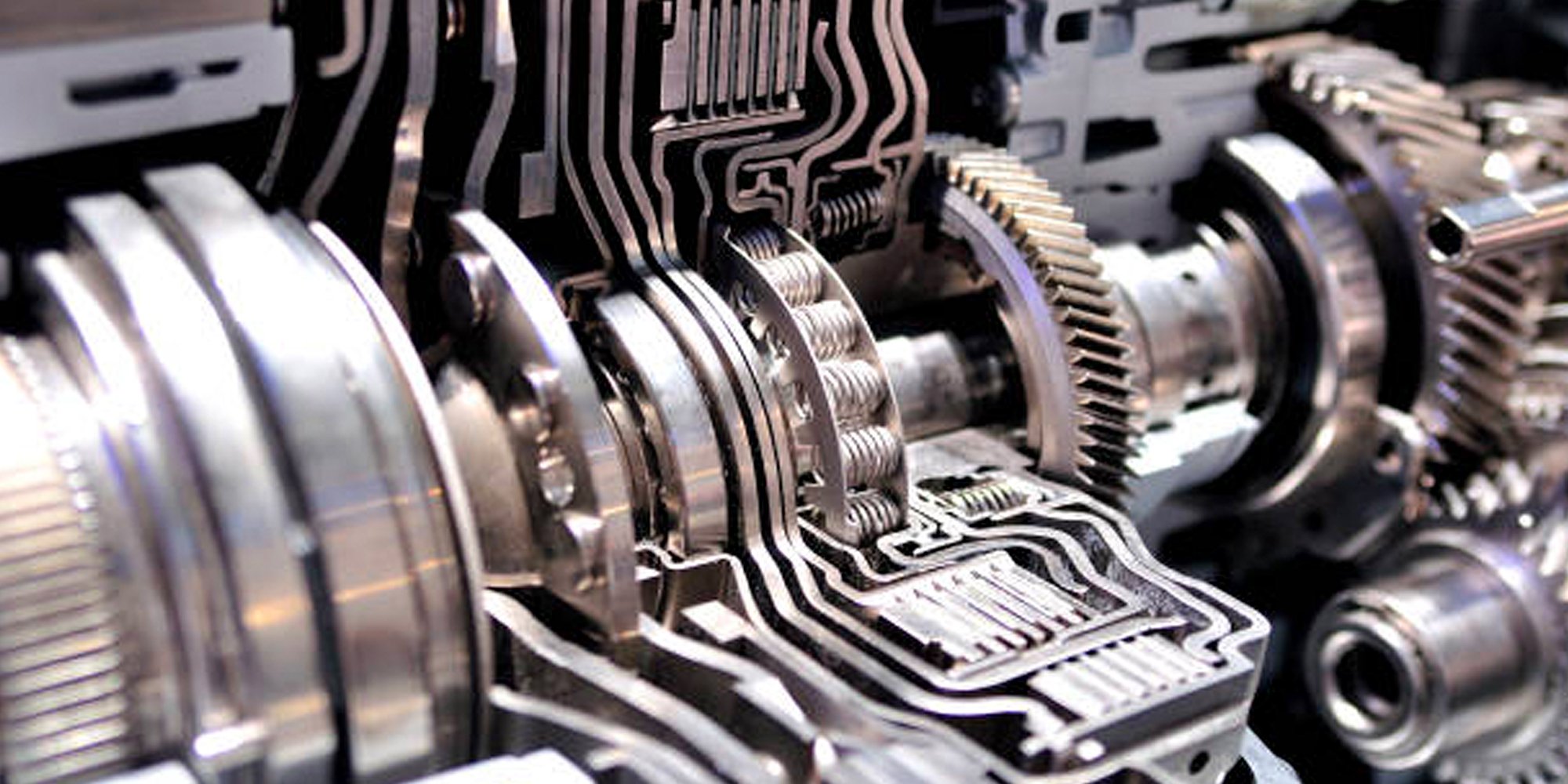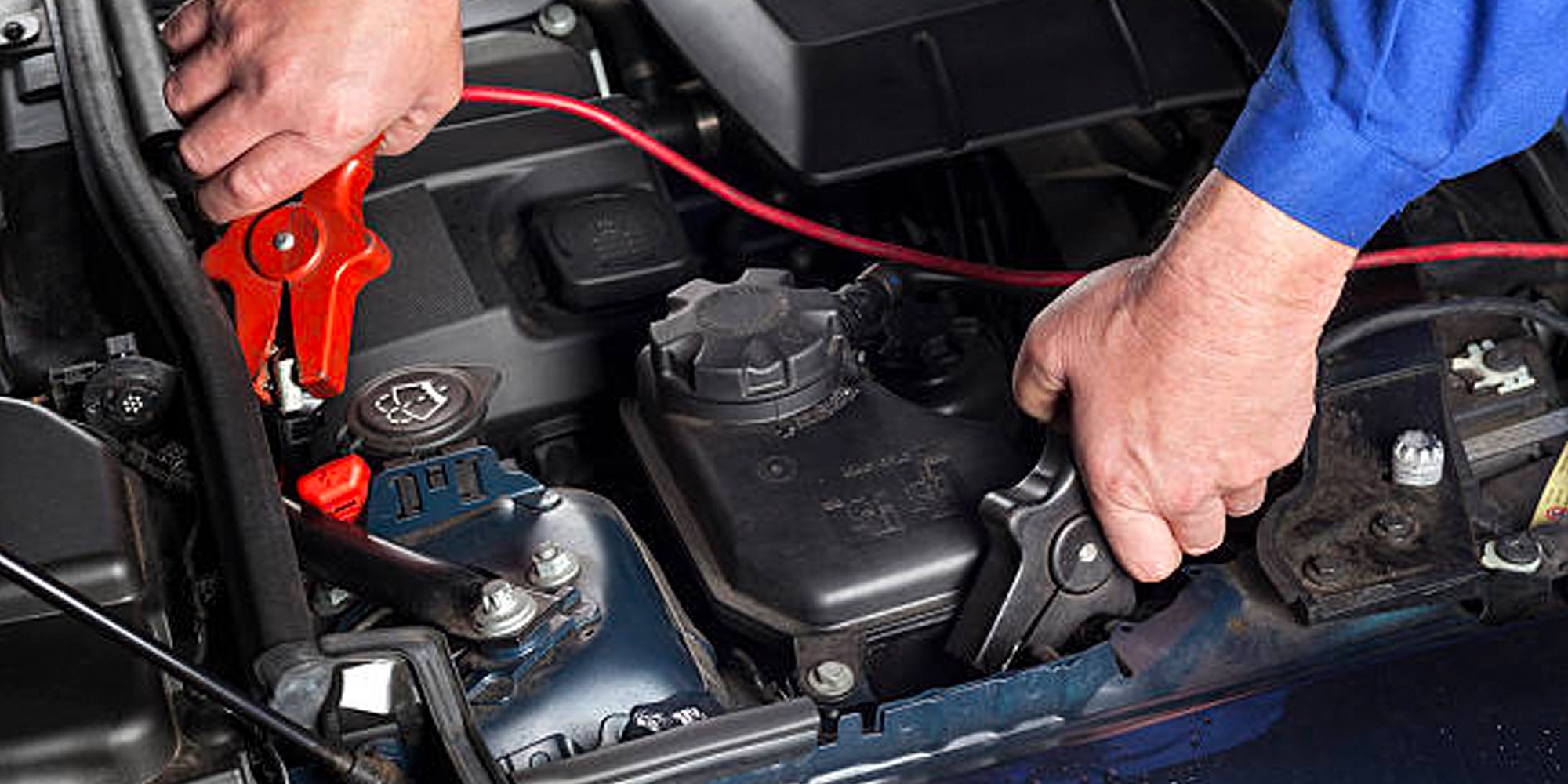Quiker Blog
News and updates

How Often and Why to Rotate Your Car Tires?
Like any other moving part, tires on your car are designed to progressively wear out over time. But did you know that front tires (on average) wear twice or three times as quickly as the rear-wheel? On vehicles that have the same size tire on the front and back of their vehicles, tire rotations completed as recommended by your vehicle manufacturer can significantly extend their lifespan.
However, not all vehicles have the same tires. As such, several cars, trucks, and SUV owners tend to ask -“how often should I rotate my tires?” Unfortunately, this isn’t a black and white, one-size-fits-all question to answer.
Several variables impact tire rotation pattern and interval recommendations, ranging from the weight of the vehicle, its drivetrain configuration, and even its performance standards. In the information below, we’ll explain some of the facts about tire rotations, how much does it cost to rotate tires, why it’s important, and how easy it has become to schedule a mobile mechanic to come to your location and complete this task.
What is a Tire Rotation?
By definition, a tire rotation is a mechanical process that allows tires and wheels to be swapped between the front and back of a vehicle. The job is simple for a professional mobile mechanic to complete – as they simply remove the wheels and tires from one location on the vehicle and rotate to another location.
For example – the most common type of rotation is a front-to-rear tires swap – where the tires previously located on the front axle are moved to the rear – and vice versa. A tire rotation completed as directed by the manufacturer of the vehicle (not the tire manufacturer) helps them wear evenly over their expected longevity (typically 40,000 to 60,000 miles or three to five years of normal driving).
Why Do You Need to Rotate Tires?
Tires are made from a blend of conventional and synthetic rubber, which is wrapped around steel and nylon cords that are encased in an inner ‘shell’. As a vehicle is driven on city streets, highways, and sideroads, the tire creates friction which helps to maintain traction. However, this also creates heat – which helps to wear the tread pattern thin over time.
Generally speaking, tires on front-wheel drive vehicles will wear twice as fast as their rear counterparts. There are several reasons for this. Most vehicles have their engines in the front of the vehicle, which places more weight directly over the tire. Second, front tires are the steering tires, which also increase heat and friction. And finally, most vehicles on the road today are front-wheel drive – making the fronts the drive axel.
When you combine all these elements, it’s easy to see how much more stress the front tires undergo daily. This can negatively impact the life of your tires. But it's just as critical on all-wheel drive and rear-wheel drive vehicles. By rotating the tires as directed by your manufacturer and documented in your owner's manual, you can accomplish a few important benefits.
Improves Safety
Tires with ample tread wear simply provide better traction. By rotating the tires when scheduled, the tread depth can be saved significantly – thereby providing more traction, especially during poor weather conditions.
Increases Lifespan
A secondary benefit to rotating tires is that they’ll simply last longer. While driving habits, road conditions, and temperature are all factors that can accelerate tire wear, proper rotation helps to reduce uneven wear. A cross pattern rotation can also help reduce damage due to worn out suspension parts.
Better Fuel Mileage
One of the ancillary services includes with a tire rotation are air pressure checks. When the tires are properly inflated, they can extend the fuel economy. However, rotating the tires can also help reduce the load tires bear – especially on the front end or full-size trucks and SUVs. This helps reduce rolling drag or friction, which permits the engine to operate more efficiently.
Protects Your Warranty
Not all tires have manufacturer warranties. It’s typically only aftermarket new tires that offer customers a mileage or expected longevity warranty. For the warranty to be protected, the car owner needs to prove they’ve had routine tire rotations and suspension alignment completed.
How Often Should You Rotate Your Tires?
With regards to how often you should rotate tires, the general rule of thumb is every 5,000 to 7,500 miles – or every oil change. There are some situations where tire rotation sooner is highly suggested. For example, if you have a performance car, that has the same size tires on the front and back of the vehicle, rotations should be completed every 3,000 miles.
Another example of increasing tire rotation interval would be 4x4 tire rotations. The four-wheel-drive rotation is often referred to as a ‘cross rotation – as each tire will eventually be placed on all four corners of the vehicle.
How Long Does a Tire Rotation Take?
A tire rotation is not a difficult mechanical task. It involves jacking up the vehicle, placing it on stands, and simply moving one tire and wheel to another position on the vehicle. In most cases, an experienced mobile mechanic can complete this task in less than an hour.
What Happens if You Don’t Rotate Your Tires?
As we explained earlier, when tires are in use, they generate friction to maintain traction on the road. Since tires wear differently based on the location and other variables, if they are not rotated as recommended at a service center or by a mobile mechanic, they can wear quicker and eventually become unsafe to drive.
Reduced Traction
Your vehicle depends on tires with ample tread to maintain traction, especially during adverse weather conditions. If they stay in the same location for an extended time, the tire tread will reduce and lead to poor traction.
Poor Emergency Braking
The brake system on a car, truck, or SUV involves multiple components that must work together to stop the vehicle in emergencies. Tires with good tread depth and even wear are essential for quicker emergency braking. Having the tires rotated as recommended can help improve emergency braking.
Handling Problems
Good tread depth also helps to improve your ability to navigate corners on those winding roads. Failure to rotate them every 5,000 to 7,500 miles can reduce your vehicle’s handling characteristics. This is especially crucial during defensive driving procedures.
How Much Does a Tire Rotation Cost?
Most tire center locations offer tire rotations as a free service or for a nominal charge. However, it takes time off your busy schedule. Also, it’s quite common for the sales associate to upcharge you with balancing services. Sometimes you'll drive in for a tire rotation and leave with a new set of tires.
In the end, the cost to rotate your front tires to the rear position can also include your time, to drive to the appointment, wait for the vehicle service to be completed, and head back home or to work.
Quiker’s Tire Rotation Service
Quiker offers mobile tire rotations completed at your home or workplace. The service starts at only $25.00 and can be completed on your schedule. Our mobile tire rotations are completed by professional mechanics, who understand exactly how your vehicle's tires and wheels should be rotated.
Additionally, our professional technicians ensure the tire pressure is correct, and wheels torqued based on the manufacturer’s safety requirements. They will also inspect your spare tire to verify it's still in good shape. Our team also has the technology and experience to complete a vehicle suspension alignment, which ensures tires wear evenly across the tread.
If you’d like to stay on task with daily work, and have a professional mechanic come to your location for tire rotation needs, contact us today to schedule your mobile tire rotation service.










